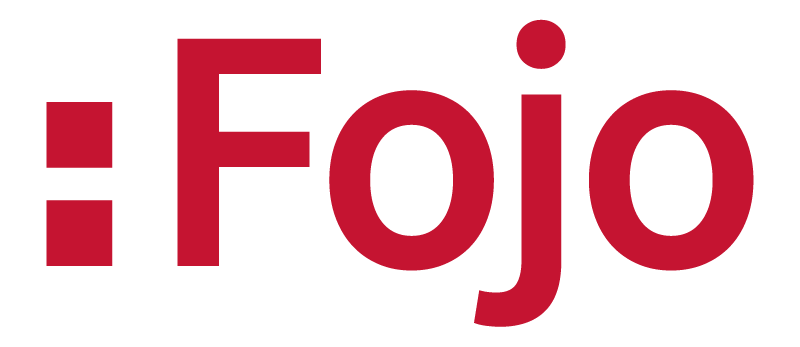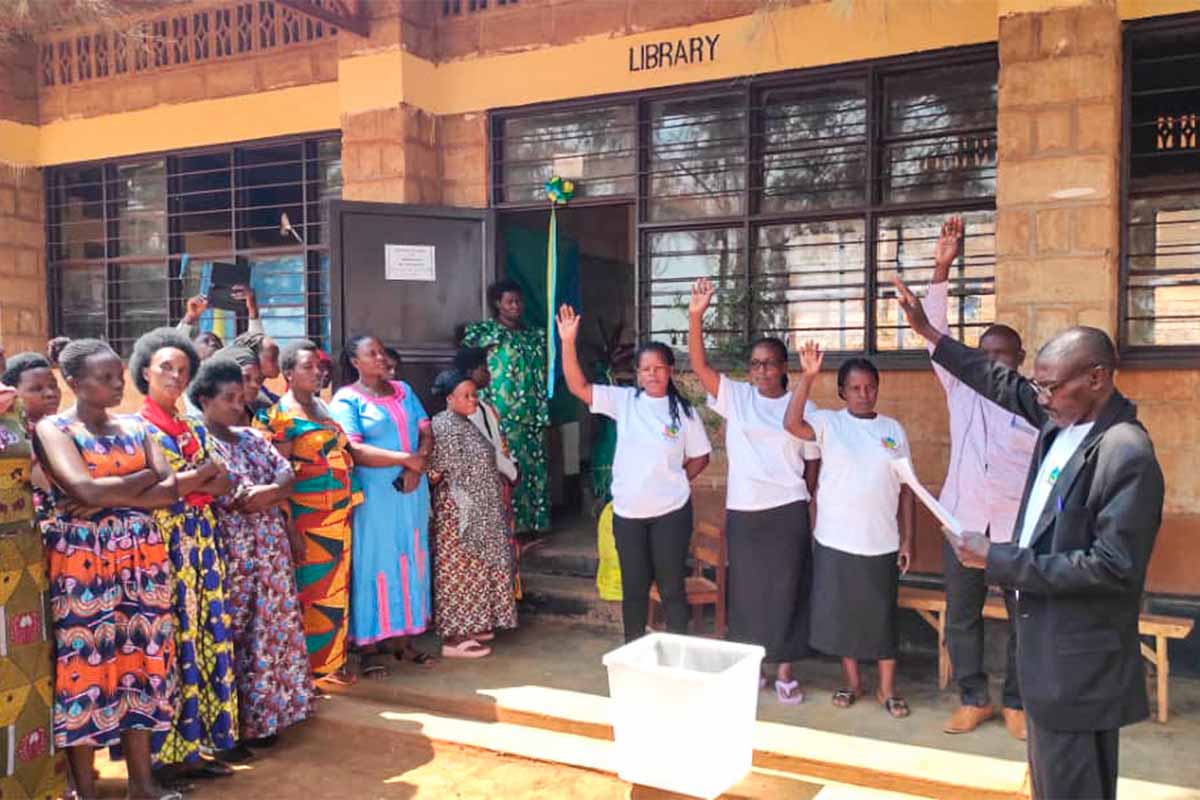Miscommunication about polling hours, registration difficulties for those living outside their home districts and confusion about candidates. These were some of the issues reported on in a game-changing pilot project organised by the Rwanda Media Programme during the country’s election in July.
During the Rwandan elections in July 2024, a pilot synergy project revealed significant gaps in election coverage, particularly in rural areas where citizens needed more information about the voting process. The pilot was spearheaded by 23 journalists, four editors, two moderators and various experts, all coordinated to cover the elections across the country with support from the Rwanda Media Programme.
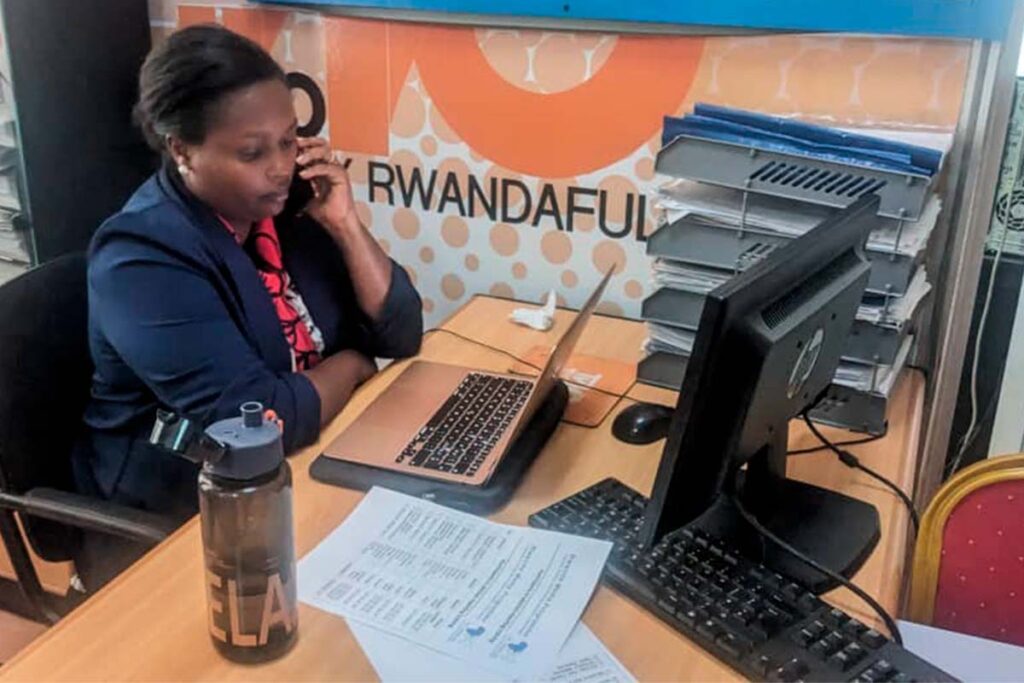
The decision to initiate the election coverage stemmed from a realisation that there were no tangible efforts to cover elections, especially in rural areas. Voters in these regions required more information about the election process, highlighting the need for more in-depth reporting. The discussion was initiated in early June when journalists participated in a training session organised by the Rwanda Media Programme and delivered by Afri-Media.
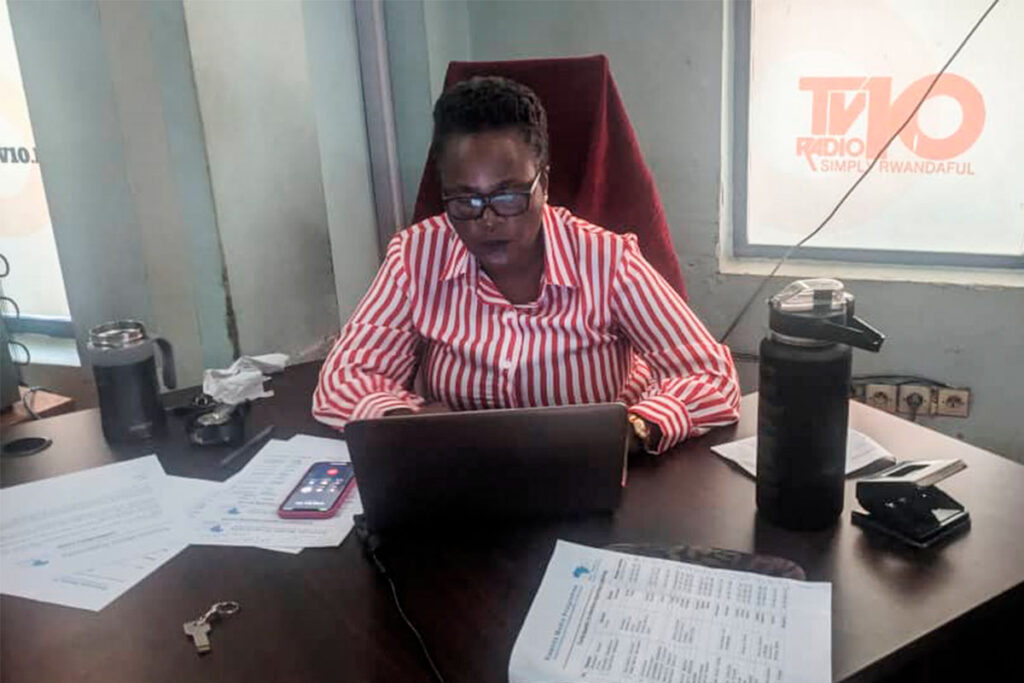
On the election days, 15 – 16 June, a central hub was established where editors, moderators, and experts broadcast live updates on Radio 10, Radio Isangano, Radio Ishingiro and Radio Izuba. Journalists stationed throughout the country sent reports to the hub, which were then disseminated nationally and published in their respective media outlets. Notably, the project allowed reporters to gather stories from across Rwanda, including:
- Miscommunication regarding polling hours and the start of the election count, which caused confusion at several sites,
- Difficulties with registration for people working outside their home districts, which could be resolved as a result the pilot’s coverage,
- Delays and uncertainty surrounding candidates and procedures in the special election categories for women and youth,
- Reporting on election arrangements for hospitalised individuals,
- Coverage of how elderly and disabled people were assisted during the election process, ensuring they could vote efficiently despite physical challenges,
- Reports on how young volunteers were trained to assist as election-workers.
The synergy pilot also fostered communication with the National Election Commission, NEC, which was called upon to address issues raised by journalists from the field. This synergy delivered real-time clarification of procedures from NEC and new instructions that helped resolve challenges as they arose, benefiting both voters and election workers.
In addition to field reports, experts at the hub provided commentary on for example economic aspects of the election and the role of media during the elections.
This pilot project marked a turning point for election reporting in Rwanda, particularly for rural areas where citizens have historically lacked access to comprehensive election information at the election day.
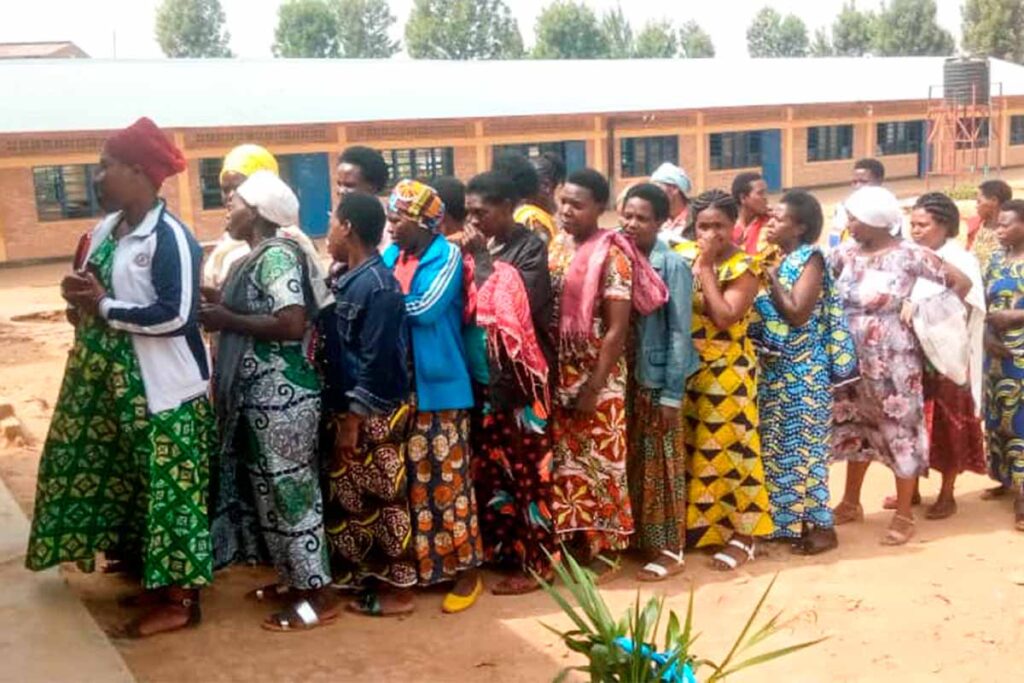
According to Annelie Frank, Programme Manager for the Rwanda Media Programme, the pilot not only provided Rwandans with timely and relevant news but also offered valuable lessons for future collaborations. “This pilot provided the public with news about the election from across the country in a way that hadn’t been done before. It also taught the Rwanda Media Programme and our partners a great deal about the benefits of working together,” said Annelie Frank, stressing that the method will be applied to future projects as well.
Read more about Fojo’s work to professionalise media in Rwanda here.

